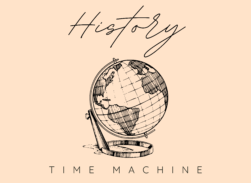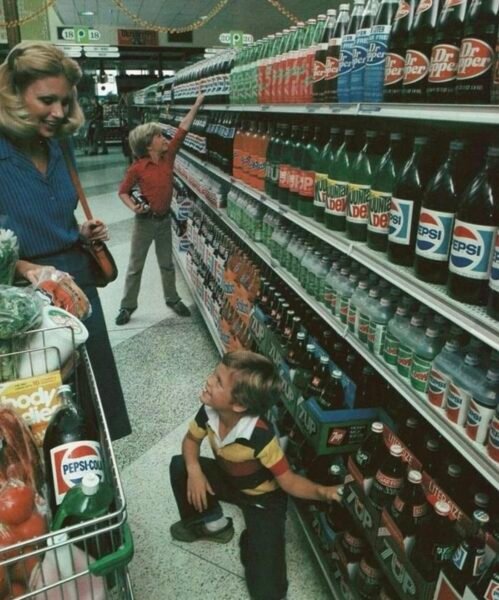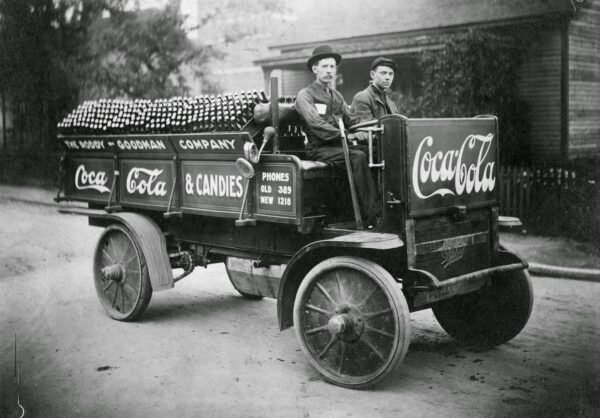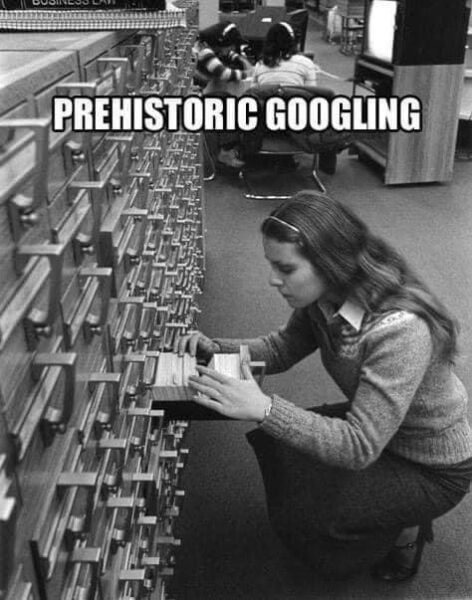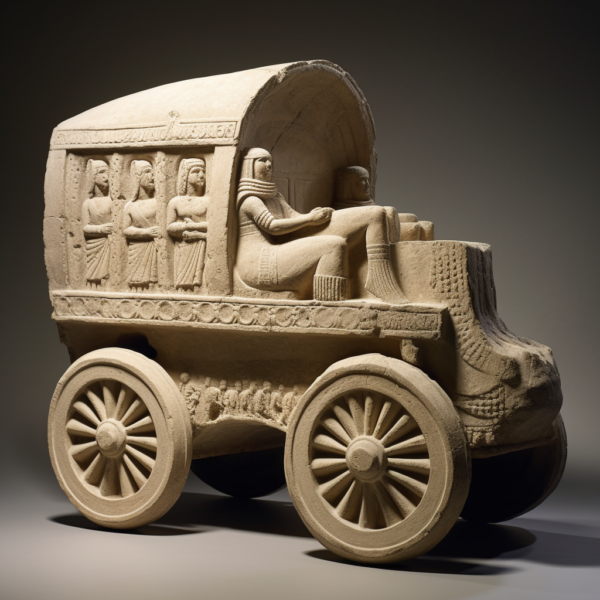The Early Beginnings of J.H. Churchill Funeral Home
The J.H. Churchill Funeral Home, established in the late 19th century, was a significant establishment in Murray, Kentucky. Its second location on Maple Street between 4th and 5th Streets became a prominent site in the community. This funeral home not only provided essential services but also reflected the customs and traditions of the era.
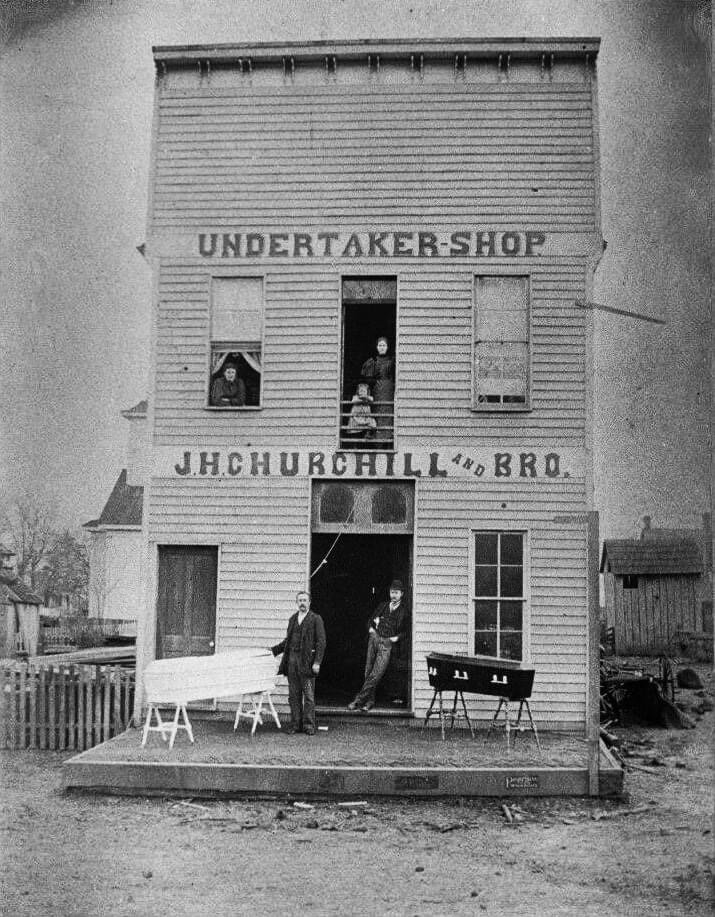
The Role of Funeral Homes in the 1890s
In the 1890s, funeral homes like J.H. Churchill played a crucial role in the community. They were responsible for not just preparing the deceased for burial but also for helping families navigate the complexities of grief and loss. Funeral homes were often family-run businesses that provided personalized care and support.
Architectural Significance of the Maple Street Location
The Maple Street location of the J.H. Churchill Funeral Home likely featured architectural styles prevalent in the late 19th century. These buildings often had distinctive features, reflecting the solemn nature of their purpose while also fitting into the architectural landscape of the community.
How Did Funeral Practices of the 1890s Differ from Today?
Funeral practices in the 1890s were quite different from today. Embalming was becoming more common, but many traditions and customs were still deeply rooted in local and familial practices. The approach to mourning and memorialization was also more formal and ritualistic compared to contemporary practices.
The Evolution of Funeral Services Over Time
Over the years, funeral services have evolved significantly. Changes in societal attitudes towards death, advancements in preservation techniques, and varying religious and cultural practices have all influenced how funeral services are conducted. The J.H. Churchill Funeral Home, like many others, would have adapted to these changes over time.
The Legacy of J.H. Churchill Funeral Home in Murray, Kentucky
The legacy of the J.H. Churchill Funeral Home in Murray, Kentucky, extends beyond its services. It is a part of the town’s history, reflecting the evolution of funeral practices and the role of such establishments in the fabric of community life. It serves as a reminder of the past and the ever-changing nature of societal customs.
As an Amazon Associate we earn from qualifying purchases through some links in our articles.
